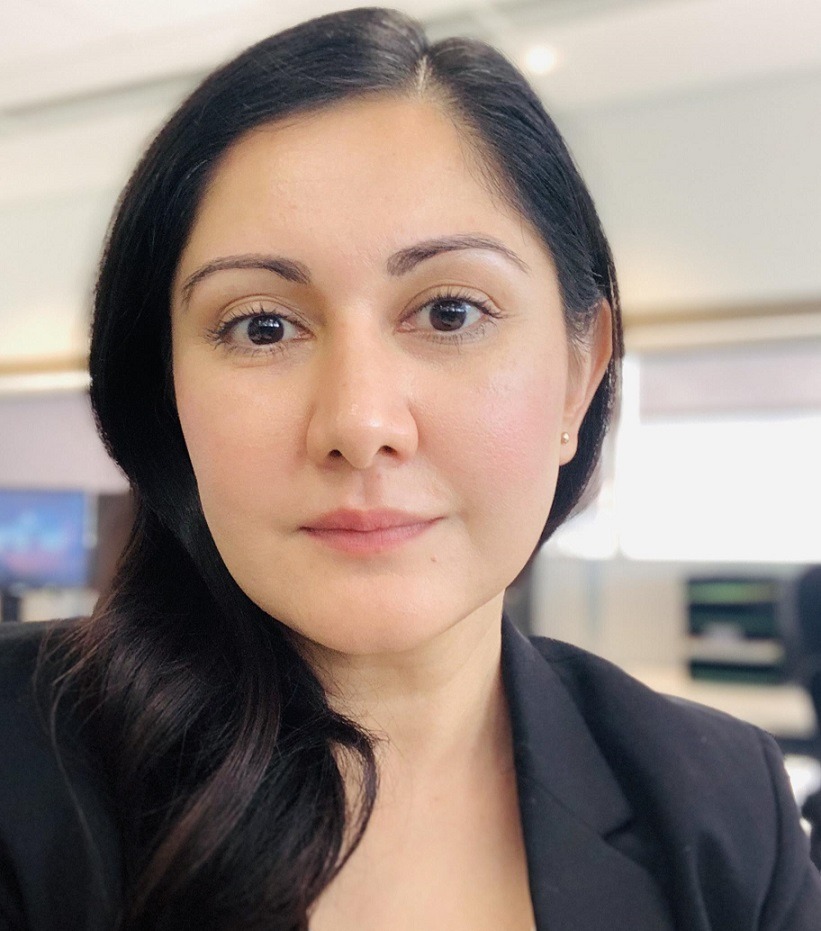The Gottman Method
The Gottman Method is a renowned and evidence-based approach to couples therapy that aims to improve relationship satisfaction and stability. Developed by Drs. John and Julie Gottman, this method is grounded in over four decades of research on what makes relationships succeed or fail. In this article, we’ll explore what the Gottman Method is, how it works, and what to expect during sessions, while maintaining a warm, supportive, and authoritative tone.
What is the Gottman Method?
The Gottman Method focuses on building and maintaining healthy relationships by fostering positive communication, emotional connection, and effective conflict resolution. It is based on the Sound Relationship House Theory, which outlines the components necessary for a strong and healthy relationship.
Key Components of the Gottman Method:
- Building Love Maps: Knowing each other’s worlds.
- Sharing Fondness and Admiration: Expressing affection and respect.
- Turning Towards: Engaging in everyday interactions and bids for connection.
- Positive Perspective: Maintaining a positive outlook on the relationship.
- Managing Conflict: Navigating disagreements constructively.
- Making Life Dreams Come True: Supporting each other’s aspirations.
- Creating Shared Meaning: Building a life together with shared values and goals.
How Does the Gottman Method Work?
The Gottman Method involves a structured approach to therapy, incorporating specific techniques and exercises designed to enhance relationship quality. The therapy sessions are tailored to each couple’s unique needs and focus on strengthening the relationship’s foundation.
- Assessment: The therapy process begins with a thorough assessment of the couple’s relationship, including a joint session and individual interviews. Couples complete comprehensive questionnaires to provide a detailed view of their relationship dynamics.
- Feedback: The therapist provides feedback based on the assessment, highlighting the couple’s strengths and areas for improvement. This feedback helps in setting specific, measurable goals for therapy.
- Intervention: The therapist guides the couple through various interventions and exercises designed to improve communication, increase intimacy, and resolve conflicts. These interventions are based on the Sound Relationship House Theory.
- Homework: Couples are given homework assignments to practice the skills learned in therapy and to reinforce positive changes in their relationship.
The Initial Questionnaire
The first questionnaire in the Gottman Method is extensive and designed to gain a deep understanding of the couple’s relationship. It typically includes around 480 questions, covering a wide range of topics to provide a comprehensive picture of the relationship dynamics.
Overview of Questionnaire Topics:
- Relationship History: Questions about how the couple met, the development of their relationship, and significant events in their history.
- Relationship Satisfaction: Assessing the overall satisfaction with different aspects of the relationship, including communication, intimacy, and conflict resolution.
- Individual Backgrounds: Exploring each partner’s personal history, including family background, previous relationships, and personal values.
- Current Issues: Identifying current challenges and areas of conflict within the relationship.
- Friendship and Intimacy: Evaluating the level of friendship, emotional connection, and physical intimacy between partners.
- Conflict Management: Understanding how the couple handles disagreements and resolves conflicts.
- Shared Goals and Values: Assessing the couple’s shared life dreams, goals, and values.
What to Expect During Gottman Method Sessions
Gottman Method sessions typically last between 60 and 90 minutes. During these sessions, couples engage in structured exercises and discussions aimed at improving their relationship. The therapist provides support, guidance, and feedback to help the couple achieve their therapeutic goals.
Steps in a Gottman Method Session:
- Check-In: The session begins with a check-in to discuss the couple’s current state and any new issues that have arisen.
- Review: The therapist reviews the couple’s progress and any homework assignments from the previous session.
- Intervention: The therapist guides the couple through specific interventions and exercises tailored to their needs.
- Skill Building: Couples practice communication and conflict resolution skills with the therapist’s guidance.
- Homework: The couple is given homework assignments to practice the skills learned in therapy and to apply them in their daily life.
- Closure: The session ends with a summary of what was covered and a plan for the next session.
The Potential Benefits of the Gottman Method
The Gottman Method may offer numerous benefits for couples seeking to improve their relationship:
- Improved Communication: Couples learn effective communication techniques to express their needs and understand each other better.
- Enhanced Emotional Connection: The method fosters deeper emotional intimacy and connection between partners.
- Better Conflict Resolution: Couples develop skills to manage and resolve conflicts constructively.
- Increased Relationship Satisfaction: By strengthening their bond, couples may experience greater overall satisfaction in their relationship.
- Greater Relationship Stability: The Gottman Method aims to build a solid foundation for a long-lasting and stable relationship.
Levels of Training in the Gottman Method
Therapists who practice the Gottman Method undergo rigorous training to ensure they are well-equipped to help couples. There are three levels of training that therapists can complete:
Level 1: Bridging the Couple Chasm.
This introductory level focuses on the foundational concepts of the Gottman Method. Therapists learn about the Sound Relationship House Theory and gain skills in assessment and intervention techniques. Level 1 training typically includes lectures, role-playing, and video demonstrations.
Level 2: Assessment, Intervention, and Co-Morbidities.
At this intermediate level, therapists deepen their understanding of the Gottman Method. They learn advanced assessment techniques, including how to interpret the questionnaires and feedback sessions. Therapists also develop skills in implementing specific interventions to address complex relationship issues and co-morbidities like anxiety and depression.
Level 3: Practicum Workshop.
The advanced Level 3 training involves hands-on practice and live consultation. Therapists participate in small group sessions where they practice their skills under the supervision of a certified Gottman therapist. This level focuses on refining intervention techniques and enhancing therapeutic skills through real-life case studies and feedback.
Finding a Gottman Method Trained Therapist
The Gottman Method offers a structured and research-based approach to improving relationship quality and stability. By recognising and addressing relationship issues, couples may achieve greater emotional connection and long-term satisfaction. If you are considering the Gottman Method, know that you are taking a proactive step towards enhancing your relationship. A qualified Gottman therapist can guide you through this process with expertise and compassion.
Remember, working on your relationship is a journey, and seeking help is a sign of commitment and strength. The Gottman Method might be the key to unlocking a healthier and more fulfilling partnership.
If you have any questions or would like to learn more about the Gottman Method, we have a number of Gottman Method trained therapists who can help – give us a call on 1300 830 552 or send an email enquiry to be matched with a therapist near you.
-
TYPES OF COUNSELLING - Relationship Counselling
- Anxiety & Depression Counselling
- Sex Therapy
- Desire & Intimacy Counselling
- Trauma Counselling
- Porn Addiction Counselling
- Online Counselling
- Neurodiversity Counselling
- Narcissism Counselling
- Pre-Marriage Program
- Anger Management
- LGBTQIA+ Counselling
- ADHD Counselling
- Addiction Counselling
- Grief Counselling
- Family Counselling
- Teen & Adolescent Counselling
Or to book an appointment, please call 1300 830 552
-
TYPES OF COUNSELLING - Relationship Counselling
- Anxiety & Depression Counselling
- Sex Therapy
- Desire & Intimacy Counselling
- Trauma Counselling
- Porn Addiction Counselling
- Online Counselling
- Neurodiversity Counselling
- Narcissism Counselling
- Pre-Marriage Program
- Anger Management
- LGBTQIA+ Counselling
- ADHD Counselling
- Addiction Counselling
- Grief Counselling
- Family Counselling
- Teen & Adolescent Counselling
Or to book an appointment, please call 1300 830 552


